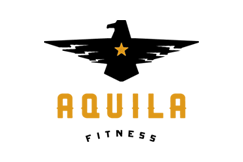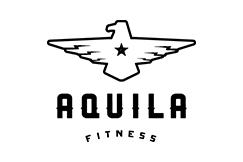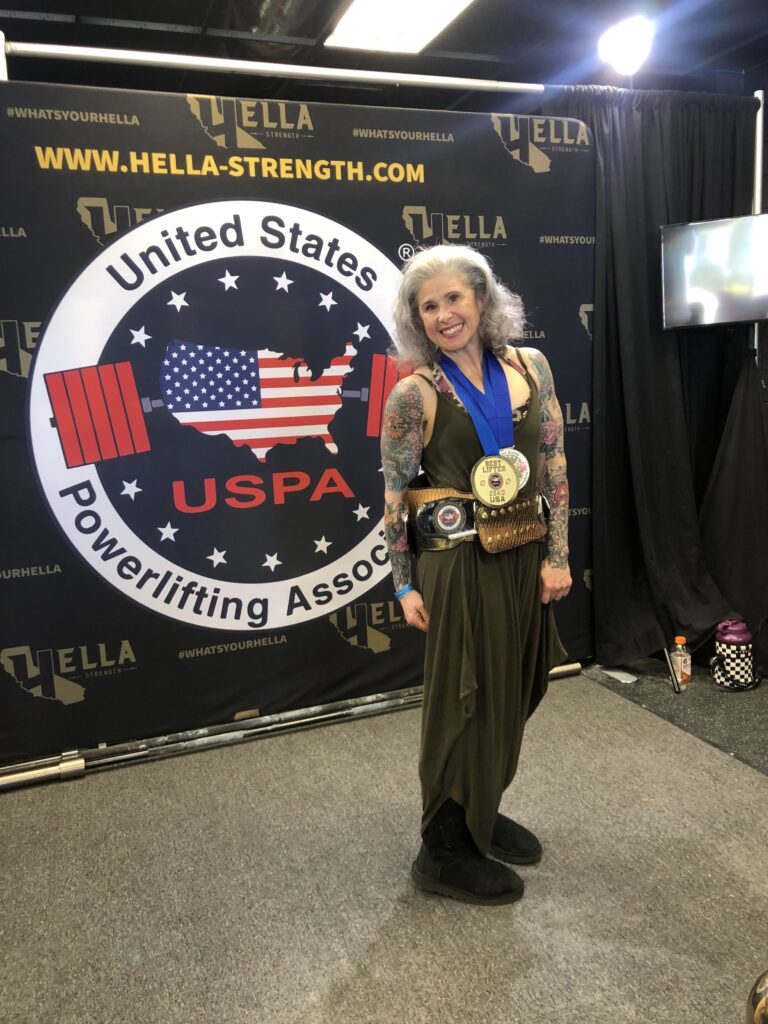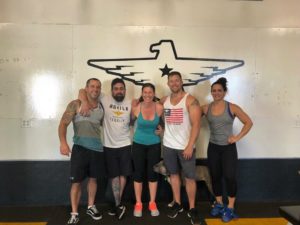Front Squat 2 Reps EMOM 10 Min @ 65, 70, 75, 80, 85, 90, 85, 80, 75, 70%
Alternate For Time:
25-20-15-10-5 V-Ups
5-10-15-20-25 KB Swing
Then immediately do 3 minutes max push ups. Perfect push ups!
Let’s face it, if you do CrossFit, this video is embarrassing. It is embarrassing that people are allowed or encouraged to lift weights with this type of technique within our organization. It is embarrassing that these guys haven’t been taught better. This goes on all over the place. It has gone on at times in our gym. It is a joke and I will not allow you to look like these assholes when you do CrossFit at my gym.
Yesterday I opened up a can when I asked you guys what you wanted to see more of. I wasn’t surprised by your answers when they were: snatch, barbells in WODs and more high skill level stuff. Now let’s shed some light on why that’s not going to happen, and hopefully after some sound reasoning you’ll understand why it won’t do you any good to go somewhere else where coaches and owners haven’t figured out how this works yet.
First off I want to say that learning to Olympic lift with acceptable form is very challenging and requires a tremendous amount of time spent practicing. World class weightlifters spend a lifetime doing nothing but trying to refine their lifting technique and never ever reach a point where they are satisfied. The majority of Olympic lifters do not run, they do not do gymnastics, they do not row, they spend all of their time and effort on lifting, that’s it.
The purpose of Olympic lifting as used in our program is to build explosiveness and athleticism. Getting the most out of the lifts requires proficiency. Proficiency is best accomplished by consistent practice of skills and drills either one on one with a coach or in small groups with a coach. Once adequate technique is developed, it is then necessary to lift HEAVY in order to build the desired explosiveness. Oly lifting is one tool in a sea of effective techniques that we employ towards your fitness.
Attempting to teach the snatch to a large group of CrossFitters who are of vastly varying ability levels, on a somewhat irregular basis simply does not work well. Beginner athletes who have not developed adequate fundamentals and do not have the rudimentary movement patterns developed end up getting rushed through drills in order to get to the WOD. More intermediate lifters end up getting little to no coaching as keeping beginners safe ends up becoming the coaches focus. People get better at a painstakingly slow rate if at all.
We have so many movements and disciplines within the CrossFit program to practice, that we simply cannot afford the time it takes to adequately practice Olympic lifting multiple times per week. If we did, we would do so at the expense of overall fitness. This isn’t a bad thing, it is simply that using many different forms of fitness gives the best all around fitness which is the main goal of this program. General Physical Preparedness!
We will continue to use elements of Olympic lifting in our GPP strength program such as a hang power snatch, hang clean or jerk because they are effective at developing explosiveness and athleticism, but we will not be programming with the intent of combining these movements back into full snatches or clean and jerks, and it is less likely you will see these movements in conditioning based tasks. More complexity equals worse technique and diminished intensity. Our GPP program currently has O-lifts included at a reasonable frequency compared to all the other things you need to improve at.
Light weight, high rep Olympic lifting builds poor technique and does not effectively accomplish the goals of building explosiveness or athleticism. If you have not gained some mastery over your Olympic lifts, you will not be able to safely use adequate weights on your workouts. Even if you are very good at O-lifts, at CrossFit intensity form will break down and you will end up practicing poor movement patterns. The more poor movement patterns are practiced, the harder it is to fix them. Poor movement patterns simply cannot be allowed to be practiced over and over. We had a much larger emphasis on Olympic lifting for the past 4 years than we do now, and people generally did not improve unless they hired coaches and or trained specifically for those lifts. This is always apparent when the Open comes around and power snatch comes up. You look around the room and it looks like nobody ever did a snatch in their lives, just like the guys in the video. I am not saying this to be mean, it is simply a matter of lack of individualized training, lack of practicing the lifts 3-4x per week, and people being allowed to use shitty form during metcons.
Practicing poor movement will ingrain poor movement patterns. Poor movements will severely decrease the load you can handle, and under loading means you will not get stronger or faster. Basically, the more you practice bad form, the less effect the lifts will have when you try to go heavy and use them for their true intentions.
We have many other movements that develop explosiveness and athleticism that are much easier to learn, are more likely to create strength, and deliver higher intensity with less form breakdown. Movements like box jumps, kettlebell swings, squats, deadlifts, kipping pull ups and sled pulls all build strength and explosiveness and are much easier to teach and learn. Pieces and parts of the Olympic lifts are more manageable and will lead to greater ability to put it all together at some point. If the goals of our program are to increase your work capacity while making you stronger and generally more capable of more things, why spend tons of time trying to perfect O-lifts when most people will struggle to ever lift any significant loads.
We will continue to use manageable pieces and parts of Olympic lifts as mentioned above in some metcons. We will use the barbells for squats, deadlifts, and thrusters in metcons as well. Keep in mind that we will be doing this at a rate that encourages power output and respectable form. We will not be doing it with the intentions of making you more competitive in the sport of CrossFit, unless you are at a level where that is appropriate, and you have stated that your goals are to compete.
So why does Performance Rx O-lift all the time and use O-lifts in their metcons? Should I be in that program if I want to O-lift more? The sport of CrossFit has glamorized the Olympic lifts and the high rep usage of them in metcons. Shit, they are glamorous aren’t they. You saw Rich, Jason, Sam and Lindsey lifting big and lifting fast and you want to be like them right? Well me too, but let’s be realistic here. High rep Olympic lifting is really a high level CrossFit sport-specific skill. It’s only real utility is in high level CrossFit competition. Is your goal to compete in Regionals? Games? Can you increase your fitness this way? Yes, but there are more effective ways of increasing fitness. So the only real reason to train high rep O-lifting is that of accomplishing high level competitive CrossFit goals.
Performance Rx is intended for our athletes with seriously competitive goals. People who are willing to workout 2 hours a day 5 days a week. People who are willing to spend thousands of dollars a year in addition to their gym memberships and private training sessions on extra body maintenance, gizmos and supplements. People who follow strict nutrition and sleeping habits in order to support high volume training programs. They spend hours per week outside of training foam rolling and stretching and reading about training. They are essentially training as professional athletes who work a 9-5 and actually pay to play their sport rather than get paid to play.
You must achieve a high level of fitness, and be ready to dedicate a significant portion of your lives if your goals are to train this way. This program is far beyond what is necessary to be fit and healthy and to out-perform your friends who are in the running club or go to the latest spin class/yoga joint. Performance Rx is the sport specific version of a CrossFit training program. Although most of the participants in this program are fit as f@*#, the goal is performance in the sport vs. to becoming as fit as possible.
If you truly want to join the performance group, come talk to us about your goals and your abilities. If we think you are ready for a high level sport-specific program we can talk about giving it a go, or we can at least tell you what you need to accomplish to get to that level.
So you simply like to O-lift even though we are telling you that you are better developing your fitness by emphasizing other modalities. What do you do? You hire a coach. We have made the decision as an organization that we will be focusing our GPP program on exercises that deliver the most fitness without emphasis on competition specific skills. We will continue to have a heavy emphasis on strength development, but we will be using relatively lower skill level movements that allow for greater loading and therefore greater strength development. So if you like to lift, and specifically want to get good at O-lifting, hire a coach. You will get much better instruction, and you will actually get better vs. just staying the same. And hopefully if you listen to your coach and learn, you won’t look like the idiots in the video above if you do decide to compete in an event from time to time.
We are all very experienced teaching Olympic lifting and can handle small groups of similar ability. Kari has been running a 3x per week group for the last 8 weeks and they are kicking ass. Rae is doing a small group on Sunday’s. Find a couple people with similar interests and schedules and make it happen if that is your desire. Unfortunately for the reasons expressed above, we will not be emphasizing the O-lifts in our GPP program at the expense of developing less fitness.
For more info on this topic from a well respected expert on the subject of Olympic lifting and CrossFit, please read Integrating the Olympic Lifts with CrossFit, by Greg Everett. Greg was at one point a very high level CrossFit athlete and owned an affiliate. He has went the way of the lifter and decided to specialize in Olympic lifting, so he is a great resource on this topic.
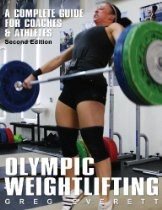 Greg is also the author of the most comprehensive book ever written on Olympic lifting. If you want to learn the lifts, there is no published resource out there as important as this book.
Greg is also the author of the most comprehensive book ever written on Olympic lifting. If you want to learn the lifts, there is no published resource out there as important as this book.

